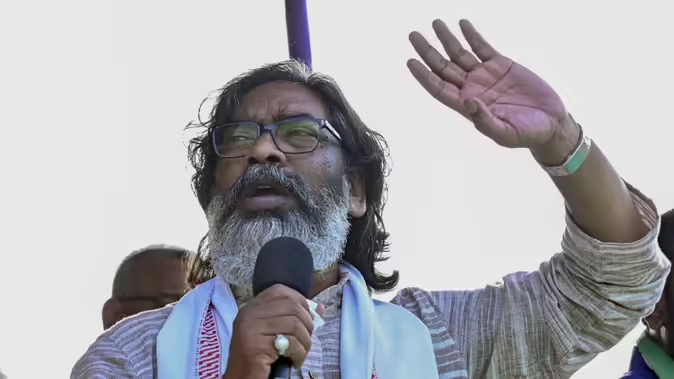India has taken a significant step in regulating the information landscape within its borders by blocking accounts associated with Chinese and Turkish state media on the social media platform X, previously known as Twitter. This decision underscores India’s ongoing efforts to combat misinformation and ensure that the narratives disseminated within the country align with its national interests and security concerns. The blocked accounts were reportedly linked to the dissemination of content that the Indian government deemed harmful or misleading, potentially influencing public opinion or stirring up controversies in a sensitive geopolitical context.
The move to block these accounts is part of a broader strategy employed by India to navigate the complex interplay of information in the digital age. As global tensions rise and geopolitical rivalries intensify, countries are increasingly vigilant about foreign influence through media channels. By targeting state-sponsored media outlets, India aims to protect its citizens from what it perceives as propaganda that could undermine societal cohesion or incite discord. This action also reflects a growing trend among nations to assert control over their informational spheres, particularly when faced with narratives that may challenge their sovereignty or territorial integrity.
Moreover, this decision has sparked discussions about the balance between national security and freedom of expression. Critics argue that such measures could lead to a slippery slope where the government may overreach in its attempts to regulate content, potentially stifling legitimate discourse and dissent. Proponents, however, contend that in an era where misinformation can spread rapidly, it is crucial for governments to take proactive steps to safeguard their populations from harmful narratives. The Indian government’s actions serve as a reminder of the delicate balance that must be struck between ensuring security and protecting democratic values in an increasingly interconnected world.
The blocking of these accounts also highlights the importance of digital sovereignty, as nations seek to assert control over the narratives that circulate within their borders. In an age where social media platforms play a pivotal role in shaping public perception, governments are compelled to respond to the challenges posed by foreign influence. By taking decisive action against state media from countries like China and Turkey, India not only reinforces its commitment to maintaining a secure and informed populace but also sends a clear message about its stance on foreign narratives that may conflict with its interests. As the landscape of digital communication continues to evolve, such measures will likely become more commonplace as countries grapple with the implications of a globally connected information ecosystem.




